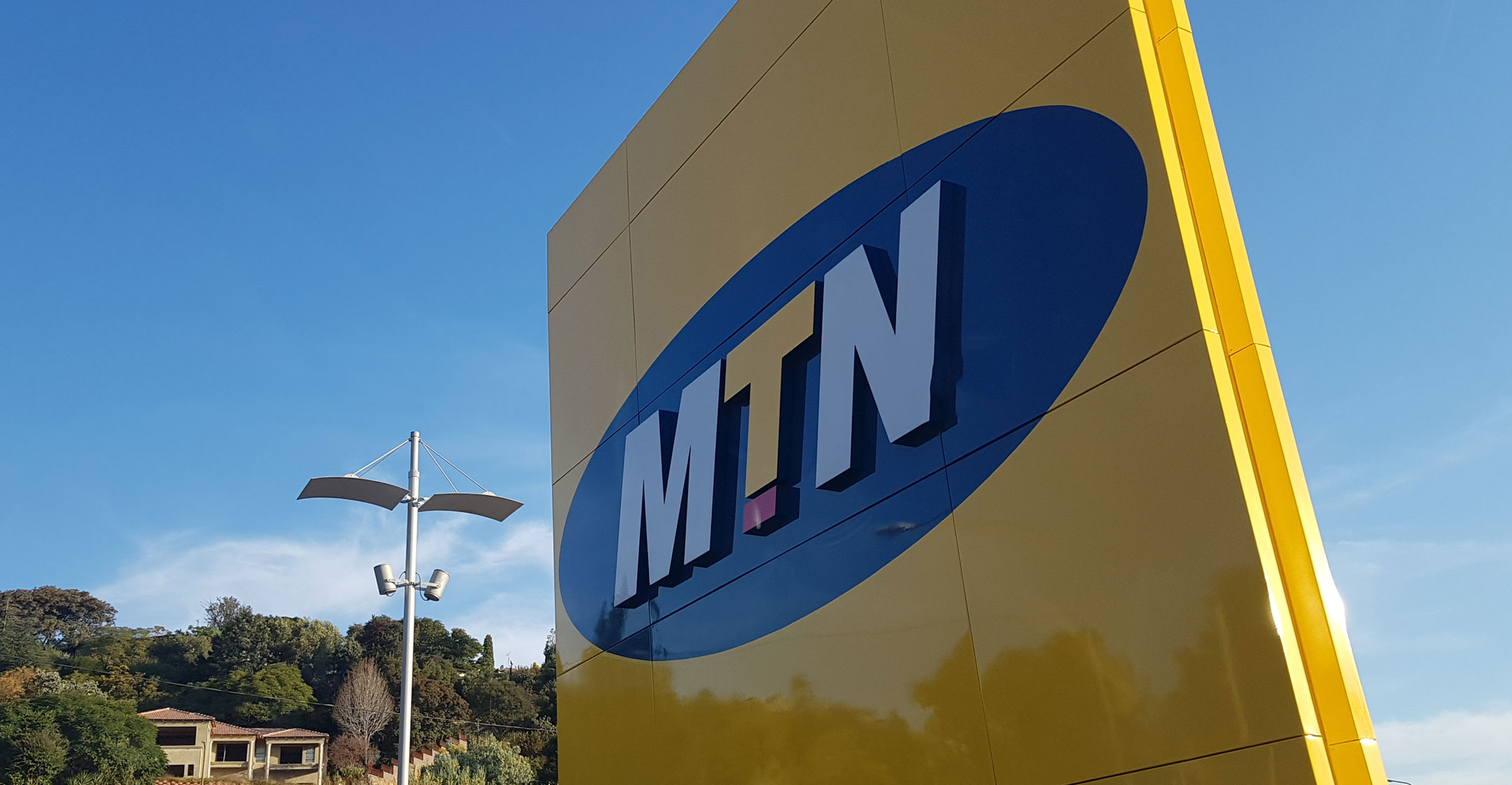 MTN South Africa has become the second telecommunications operator to take the industry regulator, Icasa, to court over the upcoming spectrum auction.
MTN South Africa has become the second telecommunications operator to take the industry regulator, Icasa, to court over the upcoming spectrum auction.
MTN is unhappy with the way Icasa intends making access to the crucial 3.5GHz radio frequency spectrum band available. It is aggrieved because it believes smaller operators — those other than MTN and Vodacom — will get access to the band, which is key for delivering next-generation 5G broadband services.
Read MTN’s founding affidavit here
The company filed papers in the high court in Pretoria on Wednesday. TechCentral has a copy of the papers. In its application, MTN asks the court to declare Icasa’s process for awarding the 3.5GHz spectrum “unlawful”, wanting it reviewed, corrected or set aside.
At the heart of MTN’s complaint is Icasa’s decision to implement an auction structure that creates two tiers of mobile operator. Only Vodacom and MTN are defined as tier-1 operators, with Telkom, Liquid Telecom, Cell C and others in tier 2.
Icasa plans an opt-in auction round in which tier-1 operators will be barred from participating. MTN wants clarity on the tiering classifications and the opt-in round structure. It said it has no other option than to turn to the high court after exhausting communication channels with Icasa.
‘Vague, arbitrary, unreasonable’
MTN is challenging the definitions used by the regulator to differentiate tier-1 and tier-2 operators, arguing in its court papers that the definitions used are vague, arbitrary and unreasonable. The company is worried that, as the spectrum auction plan currently stands, smaller operators will get all of the available frequencies at 3.5GHz in the opt-in phase, precluding MTN from deploying 5G in a band that is a cornerstone of early 5G deployments around the world and which is widely supported by original equipment manufacturers, including smartphone vendors.
Telkom already has access to the 3.5GHz band (28MHz of it) and a worry for MTN appears to be that the company could use the opt-in phase to gobble up valuable 5G spectrum to MTN’s detriment. The only other operator in the band is Liquid Telecom, which has access to 56MHz. Liquid is already building a wholesale 5G network, with Vodacom paying it for roaming 5G access for its clients.
MTN has made it clear that it does not want its court action to delay the spectrum auction, which is expected to take place in late March (assuming separate legal action by Telkom doesn’t derail the process).
 Telkom approached the high court in Pretoria in December seeking urgent temporary relief to stop the auction. Telkom group executive for regulatory affairs and government relations Siyabonga Mahlangu told TechCentral at the time that it was suing Icasa because it felt the invitations to apply (ITAs) for spectrum and a planned wholesale open-access network contained fundamental flaws that could entrench the “dominance” of Vodacom and MTN.
Telkom approached the high court in Pretoria in December seeking urgent temporary relief to stop the auction. Telkom group executive for regulatory affairs and government relations Siyabonga Mahlangu told TechCentral at the time that it was suing Icasa because it felt the invitations to apply (ITAs) for spectrum and a planned wholesale open-access network contained fundamental flaws that could entrench the “dominance” of Vodacom and MTN.
One of Telkom’s main arguments is that Icasa issued the ITAs knowing that the 700MHz and 800MHz bands – the so-called digital dividend bands used by analogue television broadcasters – are not yet available for use by telecoms operators. Despite this, Icasa is pushing ahead with the licensing of these bands and will expect payment for them despite the inability by successful applicants to use them, Mahlangu said.
This is unfair, especially to smaller operators whose balance sheets are not as strong as the two big incumbent players, Mahlangu said. He added that the most valuable lot of spectrum in the sub-1GHz bands will cost more than R1-billion. “It’s unfair, for a company of our size, to commit that kind of capital, which we could use to compete more effectively… At this stage, no one knows when that spectrum will be available (for use).”
Telkom is also challenging the ITAs on other grounds, including that Icasa “pre-empted the outcome of the mobile broadband services inquiry”, Mahlangu said. “By licensing this spectrum without completing this inquiry, Icasa has removed spectrum as one of the levers it can use to promote competition in the sector. It is substituting that with a process that is not public. In our view, an internal process, called the competition assessment, cannot be a replacement of a public statutory process.” — © 2021 NewsCentral Media




